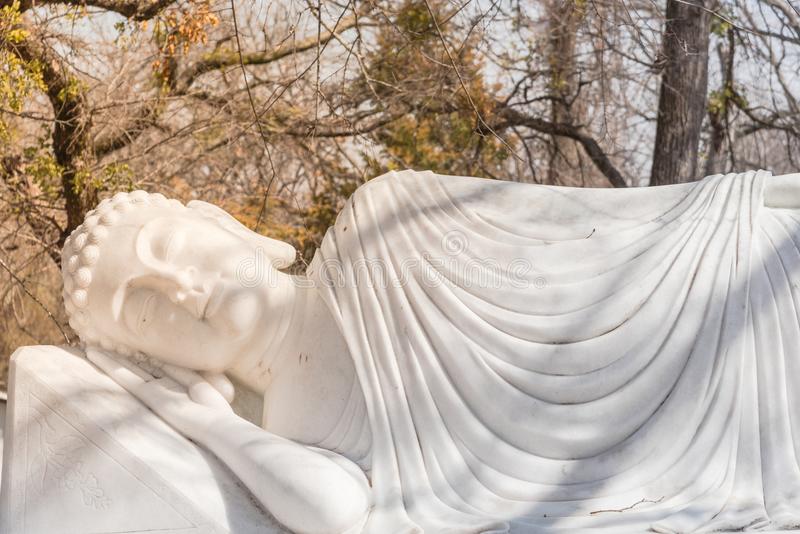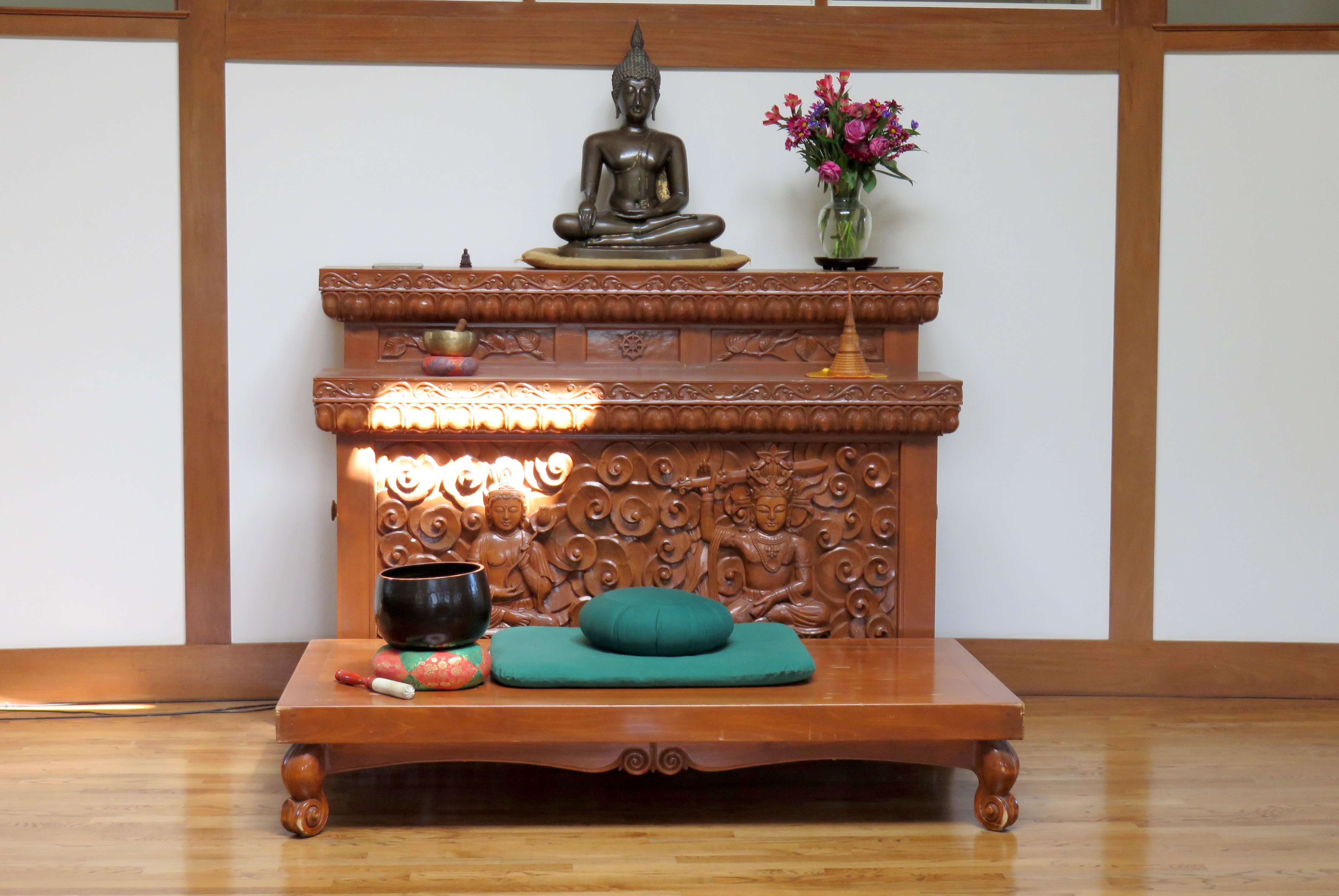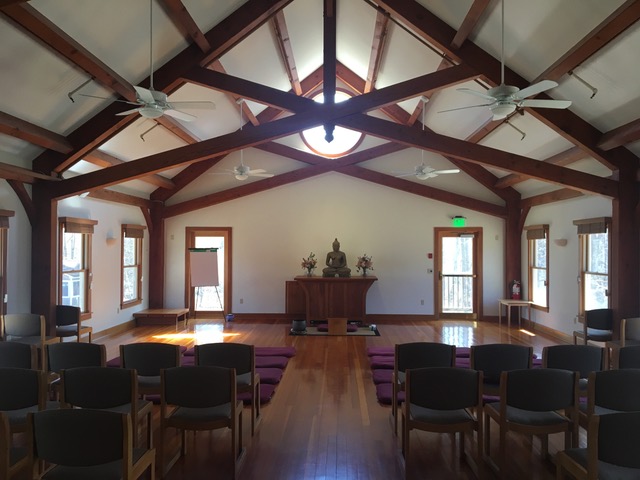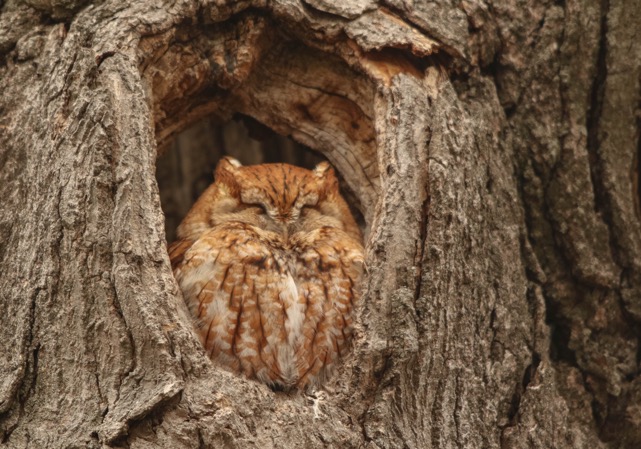2024

Meditation Mentoring Program (MMP)
Chris is currently working individually with students through his Meditation Mentoring Program, which now includes a monthly group meditation practice period and discussion.
This group is intentionally kept small, and requires an application. Currently there are a few spaces available.

Meditation class and dharma discussion. Beginners and experienced meditators welcome.
June 22, Saturday. 9:30-11:00 am
Info and registration (space limited)

Meditation class and dharma discussion. Beginners and experienced meditators welcome.
June 13, Saturday. 9:30-11:00 am
Info and registration (space limited)

Meditation class and dharma discussion. Beginners and experienced meditators welcome.
July 17, Wednesday. 7:00-8:30 pm
Info and registration (space limited)

Becoming Buddha: The Meaning and Practice of Waking Up (Workshop)
Cambridge Insight Meditation Center
10:00am–5:00pm
Two registration options:
In-person
Virtual
Description
Buddhism is a cultural phenomenon, the ism that came in the wake of Siddhartha Gotama’s awakening. Buddha is the honorific title Siddhartha took connoting the freedom from suffering that is possible through meditation practice and the cultivation of insight. Ultimately, the notion of Buddha (one who is awake) transcends both the institution and the historical figure, is not restricted to time or place, and is available to anyone under suitable and supportive conditions.
This workshop explores two related questions: What does it mean to be awake and what conditions support awakening? Integrating periods of meditation, examples from the Buddha’s life and the Therigatha, poems of the first Buddhist women, we look to those who came before us on the path as well as to our own direct experience to better understand both the meaning and implication of Buddha for our own life and practice.
In addition to sitting and walking meditation, this day-long workshop will include dhamma reflections by the teacher, time for individual student reflection, teacher-led discussion, alternating between periods of silence and mindful speech.

Knowing the Mind: Insight Meditation Retreat
CfMIM
August 3, 2024
9:00am–12:30pm
Registration: CfMIM
Program Description
At the beginning of Buddhist text The Dhammapada it is written, “All experience is preceded by mind, led by mind, made by mind…” implying the significance of mental activity for our mental and spiritual health. What arises in our mind–greed or generosity, anger or kindness, wisdom or delusion–has a profound impact on our wellbeing in the present moment, as well as our ability to understand the Dhamma over time. Despite this we do not have to be subjected to unskillful habits of mind and their results. How do we reconcile this distinction? The answer lies in the practical skills associated with insight (vipassana) meditation through which we mature our understanding of how the mind works. As we gradually alter how we respond to what arises in the mind, stress associated with mental activity is decreased, and sometimes alleviated altogether. In this way we begin to understand the power of moment to moment awareness and the freedom it provides.
This retreat, open to beginners and experienced meditators, offers a close look at the third foundation of mindfulness, citta, literally mind or mental activity. Retreat will be held mostly in silence alongside teacher led meditation instructions for both sitting and walking meditation, supportive dhamma reflections, and a question and answer period. Coffee and tea will be provided.

Heart of Refuge: A Winter Immersion in the Triple Gem
Apply now–deadline August 5.
Program Dates:
-Retreat I: November 1-6, 2024
-Retreat II: January 31 – February 5, 2025
Barre Center for Buddhist Studies
Program Overview
The premise of refuge is that we learn to use traditional practice forms to shelter the mind from all that hinders clear seeing, and in turn, insight that leads to our own wisdom becomes the ultimate sanctuary, sheltering us from life’s many forms of suffering while empowering us with a greater capacity for skillful living. The Heart of Refuge borrows from the tradition of taking refuge in the Triple Gem–buddha, dharma, sangha–by establishing a three-month immersive practice and study opportunity for dedicated practitioners who seek to experience the fruit of the Dharma more fully in their own lives.
Participants in The Heart of Refuge will work closely with Chris Crotty, and with each other, to establish and maintain a container for exploring the dharma which integrates the support of community, the unfolding of self-sustained practice, and teacher guidance. Throughout the program participants are provided opportunities to engage in the framework of the Triple Gem as a basis for deepening their meditation practice, and as a form for studying a wide range of Buddhist teachings with the goal of better understanding their relevance to their own personal lives. We will engage meditation practice to better understand Buddhist teachings, and learn how to use Buddhist teachings to expand our practice. With this foundation in place we will ask critical questions pertaining to the integration of the Dharma in our personal lives and the wider world.
Program Format
Participants will be supported by:
- Two residential retreats at BCBS
- Individualized daily meditation practice based on experience level
- Reading assignments and reflection questions
- Kalayanamitta (spiritual friendship) dyads (Zoom)
Retreat
Retreats will be structured thematically around the Triple Gem: buddha, dharma, sangha. These three gems will serve as an organizing principle or framework upon which a range of related dharma teachings and topics will be explored.
Residential Retreat commitment
Full participation is required in two residential retreats. Retreats will blend periods of silent meditation emphasizing the simplicity and quietude of renunciation, along with dyads, small group discussion, and teacher-led periods of reflection. All forms of mindful communication will be held in the spirit of contemplative practice, aimed at enriching both meditative development and peer relationships. It is expected that participants will eliminate the use of their phone and other forms of technology for the duration of the retreat. The last day of each retreat will include specific practices and activities to support the transition from the retreat environment to program activities that take place at home and between retreats.
Meditation commitment outside of retreat
Participants are expected to develop an on-going daily meditation practice that may include insight (vipassana), loving-kindness (metta), and the Five Recollections. Chris will work with each student to help them establish an approach to daily practice that reflects their experience level and lifestyle. Daily meditation practice between retreats can accommodate various work schedules and commitments, though students are expected to dedicate a minimum of 30 minutes per day to their meditation practice for the duration of the program. Keeping a meditation journal is encouraged.
Other Expectations This program is designed specifically to help practitioners who want to create more structure and time in their lives for dharma activities. In addition to daily meditation practice between retreats, students will be expected to complete reading assignments, engage with reflection questions by keeping a journal, and participate in dyads and group discussions. Participants should plan for two-four hours per week for these activities. (Students who are interested in spending more time studying and reading can elect to take advantage of an optional supplementary reading list).
Prerequisite: A daily meditation practice or a sincere commitment to beginning and sustaining a daily meditation practice for the duration of the program.
Who this program is for
This program is for dedicated students who meet the prerequisites and who want to:
1) Deepen their meditation practice by addressing common challenges that meditators face and gaining insight into personal habit patterns.
2) Expand their understanding of core Buddhist teachings through both self-directed and teacher-led reading and reflection. This study component of the program will emphasize discernment and focused reflection based on short readings rather than consuming a lot of material.
3) Establish and sustain a spirited and cheerful sangha aimed at mutual support. Together we will explore multiple ways to experience the Dharma by working closely with peers to co-create a learning community grounded in spiritual friendship, collaboration, and encouragement.
Retreat I Description: Taking Refuge in the Buddha & Dharma
This retreat has two components:
Component one examines the archetype of Buddha as a representation of one’s own awakened potential, and as a starting point to consider how those of us practicing today might find in the legacy and teachings of the historical Buddha time-tested guidance to cultivate our own mind. Examples will also be drawn from the spiritual biographies of other notable practitioners. This component will also look to the story of the Buddha’s encounters with aging, sickness, and death in order to better understand their relationship to aspiration and motivation.
Component two explores the ideal of living in accordance with the dharma, described in the suttas as “subtle and hard to see.” How do we live and practice in accordance with something subtle and hard to see and not yet fully realized? This component explores the whole of the Dharma as an integrated system of practice, study, and personal reflection that leads to a way of seeing and perceiving self, others, and the world around us, which leads to greater freedom. Though we “study” the Dharma this retreat will ultimately support students to recognize their own direct experience as the greatest source of insight.
Retreat II Description: Taking Refuge in the Sangha and The Wider World
This retreat has two components:
Component one explores the potential of sangha, the community of practitioners who support each other’s progress on the Path. More broadly we will reflect on the role of relationships (work, family, friendships) in our lives to provide valuable–and sometimes challenging–opportunities to see and transform our habits. In this way, relationships become vehicles for transforming our mind and heart, improving our ability to engage all of life with greater equanimity and joy. In this retreat we will also consider the role of loving-kindness and compassion in the formation of skillful relationships and in the purification of our own mind.
Component two delves deeply into the question, what does it mean to live in accordance with the dharma? This stage in the program will offer opportunities to focus on incorporating what we have learned through The Heart of Refuge (as well as how we have learned) with the aim of setting well-considered intentions for furthering one’s relationship to the Dharma beyond the program. Using journaling, dyads, small groups, and teacher-led discussion, we will carefully and systematically reflect on our own practice throughout three months. As part of the final retreat each student will have the opportunity to reexamine the traditional model of taking refuge in the three jewels in light of their own experience Both individually, and together as a community, we will support each other in establishing supportive guidelines for continuing to live and practice in a way that is both personally meaningful and aligned with the highest goals of Buddhist practice.
Dates for teacher led online meetings (Zoom)
Tuesday evenings, 6:00-8:00pm EST
Nov 19, Dec 3, Dec 17, Jan 7, Jan 21
Peer dyads (two per month) will be scheduled on the weeks between teacher led sessions

Meditation class and dharma discussion. Beginners and experienced meditators welcome.
Aug 21, Wednesday. 7:00-8:30 pm
Info and registration (space limited)

Commuter Retreat at the Center for Mindfulness & Insight Meditation, Wenham
Chris Crotty with Adam Groff, Anu Rao, Kim Tompkins, and Max Johnson
•Friday August 30: 6:30pm–8:30pm
•Saturday August 31: 8:00am–7:30pm
•Sunday Sept 1: 8:00am–5:00pm
Info & Registration: CfMIM
CfMIM’s Commuter Retreat offers students a unique opportunity to deepen their practice by participating in a retreat format without leaving home. From August 30–Sept 1 students in the Commuter Retreat will experience the supportive structure of retreat, including instruction in sitting and walking meditation, Dhamma Talks, silence, Q&A periods, like-minded community, and a carefully maintained retreat schedule. Rather than traveling to—and lodging at—a remote center, students will go home (or to nearby lodging) each night and return to CfMIM in the morning. In this way students have the opportunity to practice integrating an immersive meditation experience into the rest of their lives.
For those who would rather not commute, there will also be an opportunity to camp out on the lawn behind the center with tents, with access to the center’s kitchen, bathroom, and shower.
